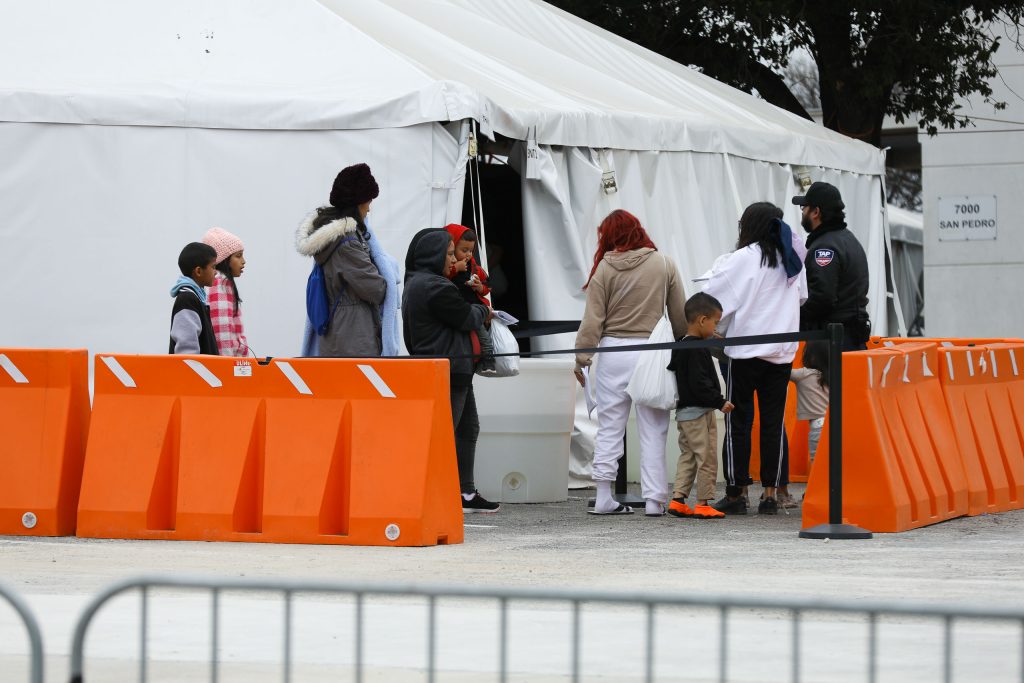Since Donald Trump was elected to his second term as U.S. president, Claudia Hernandez’s already complex job as an immigration attorney became more challenging.
“It has shifted from just representing clients to figuring out how to be an advocate for this population,” Hernandez, an immigration attorney with De Mott, Curtright and Armendáriz, said on the latest episode of the “bigcitysmalltown” podcast.
Through a series of executive orders on his inauguration day, Trump delivered on his promise to target immigrants.
“Now more than ever, it’s important that people know their rights,” Hernandez said. “Undocumented immigrants also have the right to be free from unreasonable searches and seizures; they have a Fourth Amendment right. They have a Fifth Amendment right to due process — so if they are detained, they have the opportunity to ask ‘I want to see a judge’ — and the right to remain silent.”
But staying silent, particularly hard in the face of law enforcement, is “easier said than done,” she added.
It’s not just undocumented people who should be concerned, she said. “If immigrants aren’t defended, [the risk] could also bleed into actual citizens. … Defending their rights is also defending the whole community’s rights, and I think San Antonio does that.”
Through her work in immigration courts, Hernandez has seen first hand that the judges are typically fair — but the system as a whole is strained and understaffed. Most cases take years to be adjudicated.
“The structure itself makes it harder for the immigrant in these processes,” she said.
Asylum seekers in the U.S. have always had an uphill battle in court, where the burden of proof is on them — not the government — to prove they should be here.
And unlike most criminal courts, the stakes are often life and death, she said. “If you aren’t successful in a case, you can be deported to a country and face death.”
Listen the to full episode of the “bigcitysmalltown” podcast below.
Disclosure: Robert Rivard is the co-founder of the San Antonio Report.








